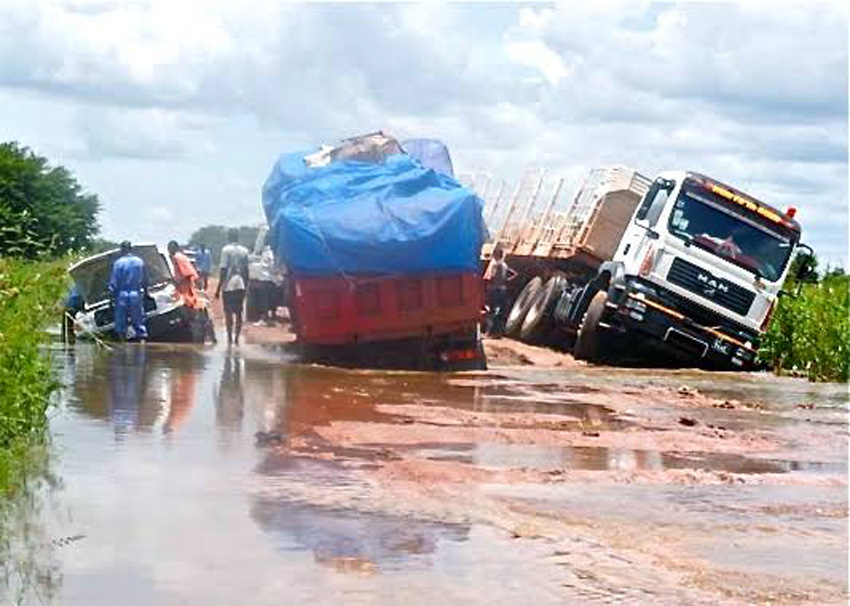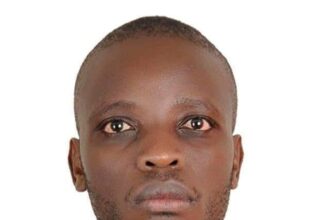Uganda is presently managing national emergency response to COVID-19, floods, landslides and possible famine in parts of the country that require a well prepared national risk register. The register should comprise civil emergencies that could conceivably strike Uganda and how government responds to each of them. During the two months the talk didn’t get translated quickly into planning, funding, preparedness and stocking vital equipment which have all caused the slowdown in effective response.
Many stakeholders especially emergency planners, and service personnel like the army and police were brought in late and after a struggle because the ministry of health leaders thought this was entirely their fight to take crowns home.
Monday night address by President Yoweri Museveni caused a tinge of excitement and confusion as many interpreted it as signs of full-flung easing of the two-month countrywide COVID-19 lockdown, which by Tuesday morning caused a burst in motorised traffic, opening of offices, shops, markets, and pedestrians filling Kampala streets. But it should be understood that the easing is conditional and provides risk-based public health advice on what measures will be taken over the next weeks.
The excitement is understandable because this week marks two months since President Museveni began locking down the country due to the COVID-19, declared a pandemic by the World Health Organisation (WHO) on March 11, 2020.
With thirty-five measures, put in place over this period, majority of Ugandans have just been getting by life, tightly controlling their personal budgets, except members of parliament who found it prudent to grease their palms with 20m each from the national coffers. But public peace has been restored having been forced to refund the money.
During these two months, our top national leaders haven’t made a single foreign travel, meaning that most can actually stay around, and Uganda saved the foreign exchange they have been spending sometimes on no useful journeys. Apparently, none of them has fallen seriously sick to require medical attention abroad. Similarly, there hasn’t been any travel abroad to benchmark on how to handle the Corona virus, and this should be a story for another day.
Those benchmarking sessions can now be conducted from here via zoom and other electronic means. In the immediate after COVID-19 government should halt most foreign travels and budget are reallocated to fund priority areas in health and education. Unproductive spending on local seminars and workshops should also be stripped to a bare minimum.
Uganda having kept COVID-19 at bay through effective containment, tracing, isolating, quarantine, testing, and treating suspected cases, as well as ensuring no community infection, two weeks ago the president began a gradual and phased lifting of the lockdown.
On Monday this week, the president further announced scheduled easing of the lockdown preparing Ugandans in returning to near normal life especially because of the country’s overall low infection rate that stood at 145 by mid this week.
The timeline when each major activity may open is contingent upon increased awareness, availability and wearing of face masks, ensuring social distancing, and effective observance of standard operating procedures (SOPs) that may be issued from time to time. Private vehicles, shops dealing in general merchandise and hotels are scheduled to open on May 26, while public transport and schools could re-open June 4, if masks and social distancing are put in place.
While the president has pledged to provide free face masks to all Ugandans above six years of age, many believe, this is a very tall order that isn’t warranted. It is very unlikely that one who drives a car inst able to afford a mask of five thousand shillings, and in any case many were already improvising. Government should direct the acquisition and compulsory wearing of masks, and only provides free masks to those unable to acquire on their own like school children especially under the universal education system. Sick people in health facilities should also be provided for under the ministry of health.
Additionally, all the women trained under AGOA and the recent presidential initiative to skill the girl child should have been given the first call by mobilizing them in their different districts to produce soaps, detergents, sanitisers and masks to give them a business kick-start. Otherwise, allotting the huge expenditure on masks to only large companies like Nytil, undermines the Presidential Initiative for the lower end girl child.
It is therefore essential to ensure a sustained general countrywide awareness campaigns to be intensified in order to forestall any possibility of relapse and re-insurgence of infections especially in communities.
A phased return of outdoor workers can be permitted especially construction workers, garages, workshops, and gardeners but should wear face masks and observe social distancing. It is important to encourage low income employees who use public transport to continue working remotely from home because transport cost will be prohibitive for them because of social distancing.
While many Ugandans are anxious at the prospects to return to old ways, it is perhaps necessary to caution that COVID-19 is still very much around with us and therefore the need for cautious behaviour.
Do you have a story in your community or an opinion to share with us: Email us at Submit an Article








